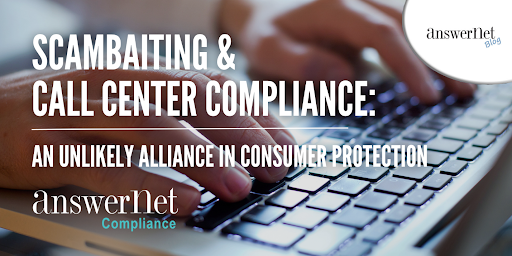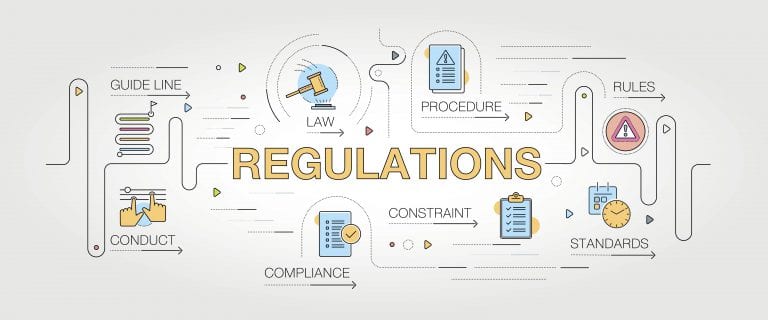For businesses that depend on telesales for consumer sales and customer engagement, adhering to stringent compliance standards is essential for protecting the brand’s reputation and forming the basis of trust with prospective customers. DNC, TCPA, 10DLC, and PEWC are all acronyms that all consumer sales and marketing organizations have become intimately acquainted with thanks to the FCC (what?! – another acronym). However, despite the rigorous efforts of ethical companies to remain compliant while offering valuable goods and services, the telesales landscape is still fraught with scams perpetrated by determined fraudsters. Recently, the practice of “scambaiting” has garnered attention, not only as a form of entertainment but also as a unique frontline defense against fraudulent activities that plague call centers and their customers. Scambaiting, as showcased by prominent figures like Kitboga in his recent NPR interview, involves individuals deliberately engaging with scammers to waste their time and ultimately deter their fraudulent efforts.
The Role of Scambaiting in Highlighting Security Flaws
Scambaiters engage with scammers, often recording interactions that highlight the tactics used to deceive victims. This practice serves a dual purpose: it entertains through the absurdity and creativity of the baiter while educating the public on the importance of vigilance against such scams. For call centers, these interactions are a goldmine of real-world examples demonstrating the urgent need for robust compliance and security measures.
The Role of Scambaiting in Highlighting Security Flaws
One of the indirect benefits of scambaiting is the heightened awareness it generates among consumers regarding typical scam frameworks. Call centers operate on the front lines of customer interaction, making them potential targets for fraudsters attempting to breach security through social engineering and other deceptive tactics. By bringing these methods to light, scambaiters like Kitboga provide a valuable service in educating the public and, by extension, urging businesses to strengthen their compliance frameworks to protect their customers.
Compliance Lessons Drawn from Scambaiting
Call center compliance isn’t just about adhering to regulations; it’s about actively preventing fraudulent activities. Scambaiting showcases several key areas where call centers can fortify their defenses:
- Training and Vigilance: Training call center agents to recognize the signs of a scam attempt is crucial. Scambaiting examples can be used as training tools to show real-life scam tactics.
- Advanced Security Protocols: Implementing stringent verification processes for both customers and agents ensures that security breaches are minimized. Learning from the tactics revealed through scambaiting, call centers can implement multi-factor authentication and continuous monitoring to detect unusual activities.
- Public Education Campaigns: By using scambaiting clips or scenarios during customer interaction, call centers can educate their clients on the risks of scam calls and the importance of security, much like public service announcements.
The Ethical Dimension
While scambaiting provides entertainment and educational content, it also poses ethical questions about the treatment of scammers and the potential for baiters to cross lines into harassment. However, when aligned with the goal of improving call center compliance and customer education, scambaiting can be viewed as a form of activist hacking, where the primary aim is to safeguard vulnerable populations and enhance business practices.
The Conflict
Scambaiting, much like any unconventional method, comes with its complexities. However, when viewed through the lens of enhancing call center compliance and protecting consumers, it becomes a powerful point of focus to help gain attention in the ongoing battle against telemarketing fraud. By integrating the lessons learned from scambaiting into compliance practices, call centers can not only protect their customers but also turn these interactions into opportunities for reinforcing trust and security.
As telesales professionals and businesses engage with new customers through legal telemarketing and strive to deliver value through targeted and thoughtful campaigns, perhaps we should appreciate the efforts of scambaiting pranksters. These individuals are on the front lines, fighting for consumers and paving the way for ethical commerce by highlighting and combating scams. If your company or call center needs help navigating the complexities of the DNC, TCPA, PEWC and other telemarketing regulations, please check us out or give us a call: https://answernet.com/compliance.









